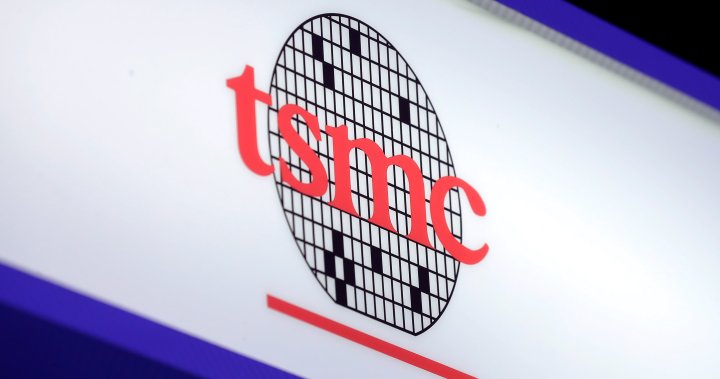
Can Taiwan’s ‘Silicon Shield’ fend off China — and a global economic crisis?
Global News
Taiwan's early gamble to invest in semiconductors has not only helped to power its economy, but it may also now protect it from invasion. Can it also protect the world's economy?
A Chinese invasion of Taiwan risks triggering a global economic crisis if the semiconductor supply chain is disrupted, analysts warn.
Taiwan produces the majority of the world’s semiconductor logic chips, which are considered the brain power behind modern electronics. The tiny microchips play an oversized role in our daily lives, used to produce everything from smartphones and refrigerators to MRI machines and fighter jets.
“The semiconductor now is like air for the human being,” said Wu Chih-I, a senior technology expert with the Taiwan Semiconductor Industry Association. “It’s everywhere. And not just for daily life, but also for the security and defence of every nation.”
“The semiconductor is so important that in the modern world, we cannot live without it,” added Andy Huang, an analyst with Taiwan’s Market Intelligence & Consulting Institute, which conducts industry research.
Huang’s office is located in Hsinchu Science Park, an hour’s drive southwest of Taipei. Known as “Taiwan’s Silicon Valley,” the sprawling 1,300 hectares industrial park is home to the biggest names in the semiconductor industry, including its leader TSMC.
The park was established in 1985 and, like Taiwan’s semiconductor sector, it’s experienced rapid growth. The park employs 150,000 people and is notorious for rush hour traffic. Its parking lots are packed with cars and scooters, which were built with the same semiconductors that are being produced inside the towering factories (or ‘foundries’).
From this science park and others on the self-governed island of 24 million people, Taiwan produces over 60 per cent of the world’s semiconductors and over 90 per cent of its most advanced chips.
“Around 50 years ago, the (Taiwanese) government identified this as future crucial, important technology for the entire world,” said Terry Tsao, president of industry association SEMI Taiwan.













